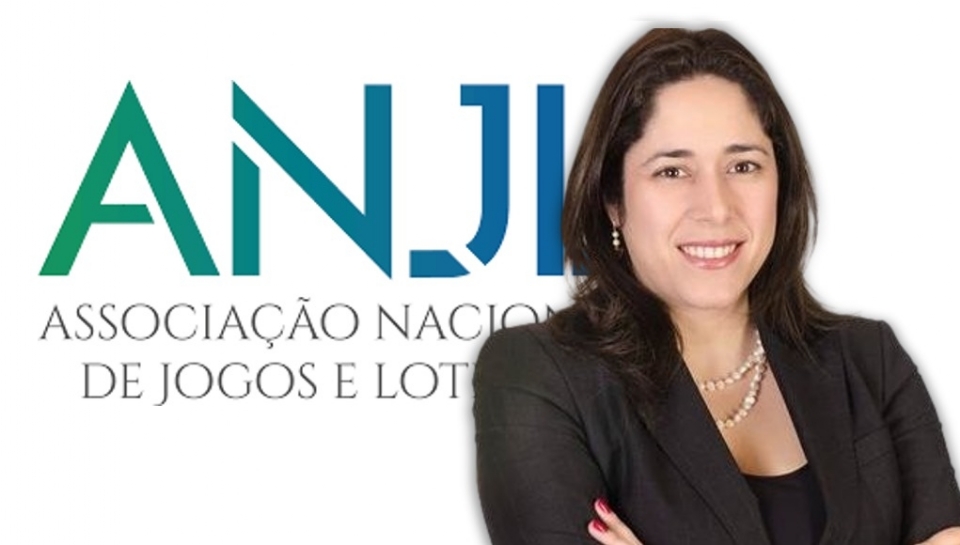
Law 14,790 of 2023 is a milestone in the regulation of fixed-odds betting in the country, covering sports betting and online games. The law establishes significant best practices from foreign experience and made it clear, right in the sole paragraph of its article 1, that its provisions do not apply to lotteries, which would continue to be governed by their own specific laws, thus highlighting the exceptionality of fixed-odds betting in relation to Brazilian lotteries.
In this context, it is strange to justify vetoing part of the text that alleges parity between lotteries and fixed-odds betting, as the law itself made it clear that they are distinct institutes. Referring to online betting as a lottery is just another “national peculiarity.”
In approving the matter, the President of the Chamber of Deputies, Arthur Lira, cited the importance of establishing rules for an activity that has become a social reality, with Congress regulating online betting, aiming to prevent them from continuing to develop outside the law and compromising the safety of bettors.
The Legislative Power prioritized legal certainty, including in the text provisions on the mandatory responsible marketing in promoting bets, subjecting the sector to the Consumer Protection Code and the use of financial institutions and payment systems controlled by the Central Bank, among others.
Congress also got it right by reducing the tax originally proposed by the federal government (from 18% to 12%) and avoiding repeating here the various unsuccessful international experiences. In countries like Portugal, France, and Germany, excessive taxation ended up “channeling” a large part of the market, the consumer, to the unregulated market.
By emphasizing the need for sensible taxation and by positive the annual settlement between the amount bet and the amount received by the bettor for the purpose of applying said taxation, Congress demonstrated an understanding of the market reality and avoided excessive impact on consumers.
The goal was to protect the population, recognizing that most bettors lose more than they win and that gambling is an entertainment pastime and not a financial investment.
The Executive Power saw an opportunity to increase revenue in regulation, vetoing paragraphs of article 31, which precisely discipline the annual settlement of consumers’ income tax and the exemption limit for taxation. We consider that the veto was based on an erroneous (and even illegal) argument alleging parity between lotteries and fixed-odds betting, even when the legislator made it clear that this parity does not exist.
Several international experiences have already demonstrated (and still demonstrate) that withholding taxes from bettors can result in a flight to the informal market.
It should also be noted that not even China, which has an advanced system for monitoring and controlling its citizens’ online activities, can control illegal gambling. In addition, any judicial challenges regarding the collection system may bring significant bureaucratic costs and future commitments to the Union’s cash flow.
In pursuit of the success of the regulated market, it is essential that the National Congress corrects the Executive’s mistake by overturning the veto of the paragraphs of article 31. The need for revenue cannot compromise the formalization of the market and the safety of bettors, and the taxation already planned will have positive and lasting impacts on the country.
Brazil took an important step with law 14,790, but it is crucial to overturn the presidential veto to ensure the sustainable development of this promising sector.
Ana Bárbara
Consultant of ANJL (National Association of Gaming and Lotteries), lawyer, and consultant in regulatory and contractual law. She is a founding member of Amig (Association of Women in the Gaming Industry). Graduated (2001) and master (2010) in law from USP (University of São Paulo). She has an MBA (2015) in strategic and economic project management from FGV (Getulio Vargas Foundation).